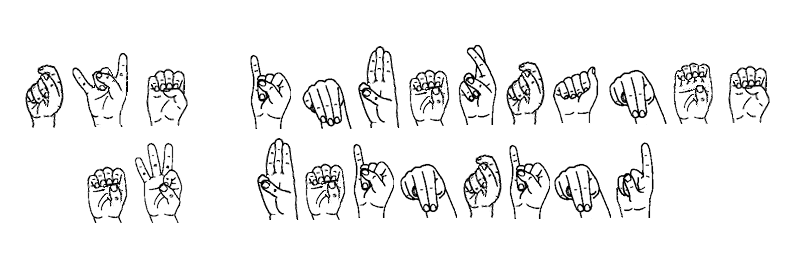-
My experience design manifesto

My experience design manifesto is based on the idea of experiences being floopy, gloopy things suspended in the flowing stream of our lives. Picture life as a river, and imagine cleaning a paintbrush in it (which isn’t very environmentally friendly and the imaginary version of yourself should feel ashamed of being bullied into it by…
-
Linked data – a beginners guide
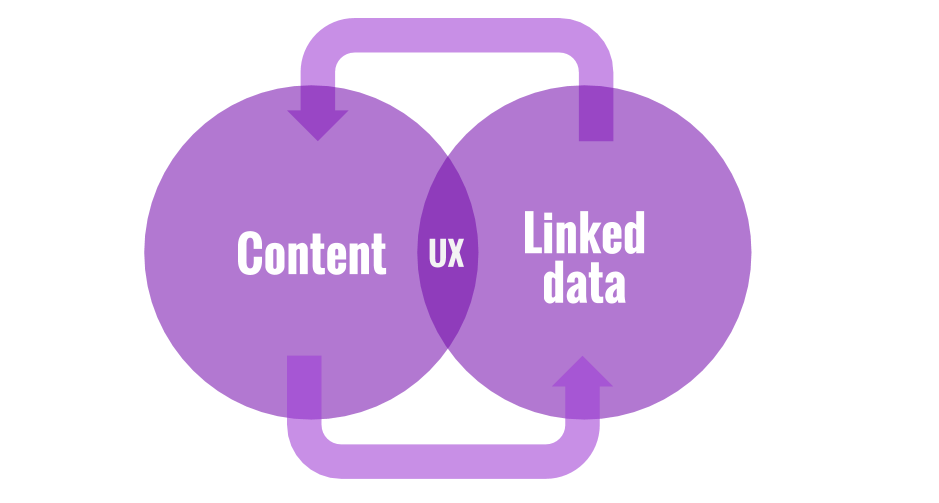
[blockquote]”Linked data is the superstructure over which content is stretched”[/blockquote] I said this once, but I didn’t really elaborate on this definition. I moved quickly onto the benefits of Linked data. In this post I’m going to try to go right back the basics and describe exactly what linked data is. So what is linked…
-
User experience architect or Information architect?
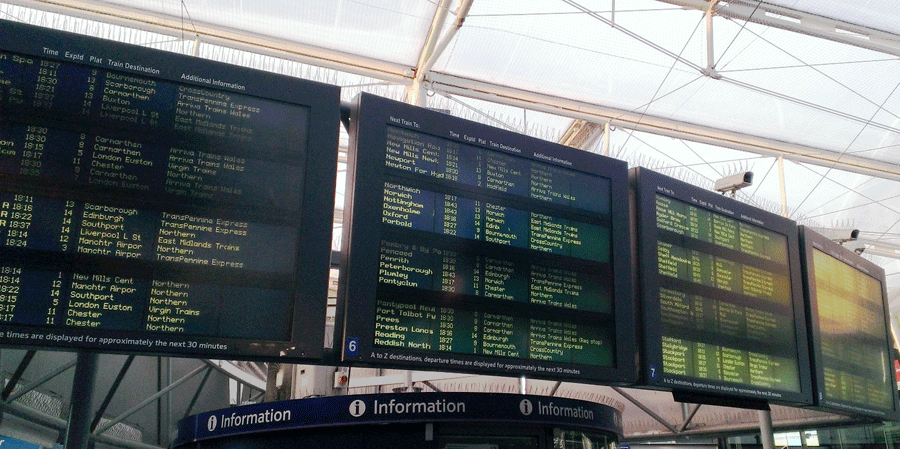
Something about me changed recently. My job title changed and I went from being an Information architect (IA) to being a User Experience architect (UXA). But what’s in a name? I think words matter. Good words become invisible, when the symbol so closely resembles the reality it stands for that translation becomes unconscious and things…
-
Heuristics isn’t a dirty word

Jargon annoys me. Especially when someone tries to “namify” a process in a way that seeks to own and obscure the method rather than reveal it. I’d love to find it funny and be flippant that professional practise gets obscured by jargon. But too often giving a name to a process implies that the thing…
-
What did linked data ever do for us anyway?
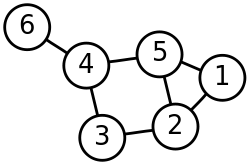
I’ve recently written about navigation, user journeys and content, and I haven’t really mentioned linked data all that much. That’s a shame. Because linked data is the super-structure over which content is stretched and experiences flow. Linked data can power the online journeys of the future. It can switch our taxonomic thinking into ontological thinking.…
-
Unexplored trajectories in experience design
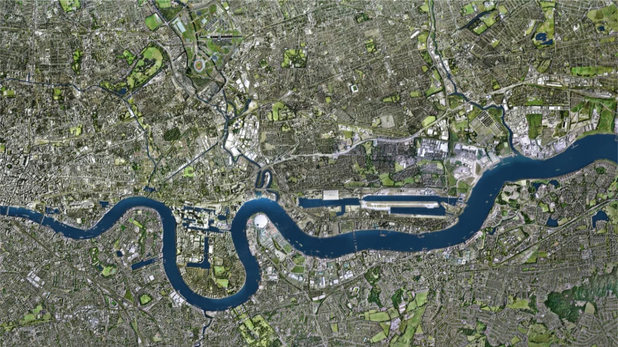
Experiences provoke responses as you move through them. They’re interactive and the level and type of interaction fluctuates. Designing experiences asks us to think about this ebb and flow, consider the categories of interaction and engineer an experience that will channel and shape the user response. We afford experiences. But users create them. Forrest Gump…
-
Invisible art, intrinsic motivation

10,000 hours Imagine waking up at 8am practising something for 12 hours, going to bed, getting up in the morning and doing it all over again. Imagine eating soup, wearing the same pants everyday* and avoiding all distractions. Imagine that you take weekends off, but use them to visit your Aunty Doris, who you hate.…
-
You don’t get anything for free

We’re doing more and more with content these days. There was a time when you wrote a page for the web and that was that. Hyperlinking created the webbyness of the net. But basically, a page was on the web, with a URL to locate it, and that was that. Since search engines came along…
-
Turtles all the way down

For some time I’ve had this bon mots rattling around in my head, like an earworm, infinitely repeating as if it knew it’s own meaning. When this happens it usually means either that my brain has made a decision and it’s waiting for the rest of me to realise, or it’s a request for more…
-
The third way

You should probably read this with a hat hard on – it’s a work in progress, but published here mainly as a motivation to edit and finish it. Alternatives are tricky things. They complicate the world. If you were to tell me right now that I can have a ham sandwich I would be delighted.…
-
Learning online

One size fits all? Motivation in learning can be enhanced by setting clear expectations and defining a direction of travel, creating a sense of where you are going and how far into the ‘ideal’ journey that you are. But the ‘ideal learning journey’ will vary depending on who you are. Learning has a lot to…
-
Places don’t exist
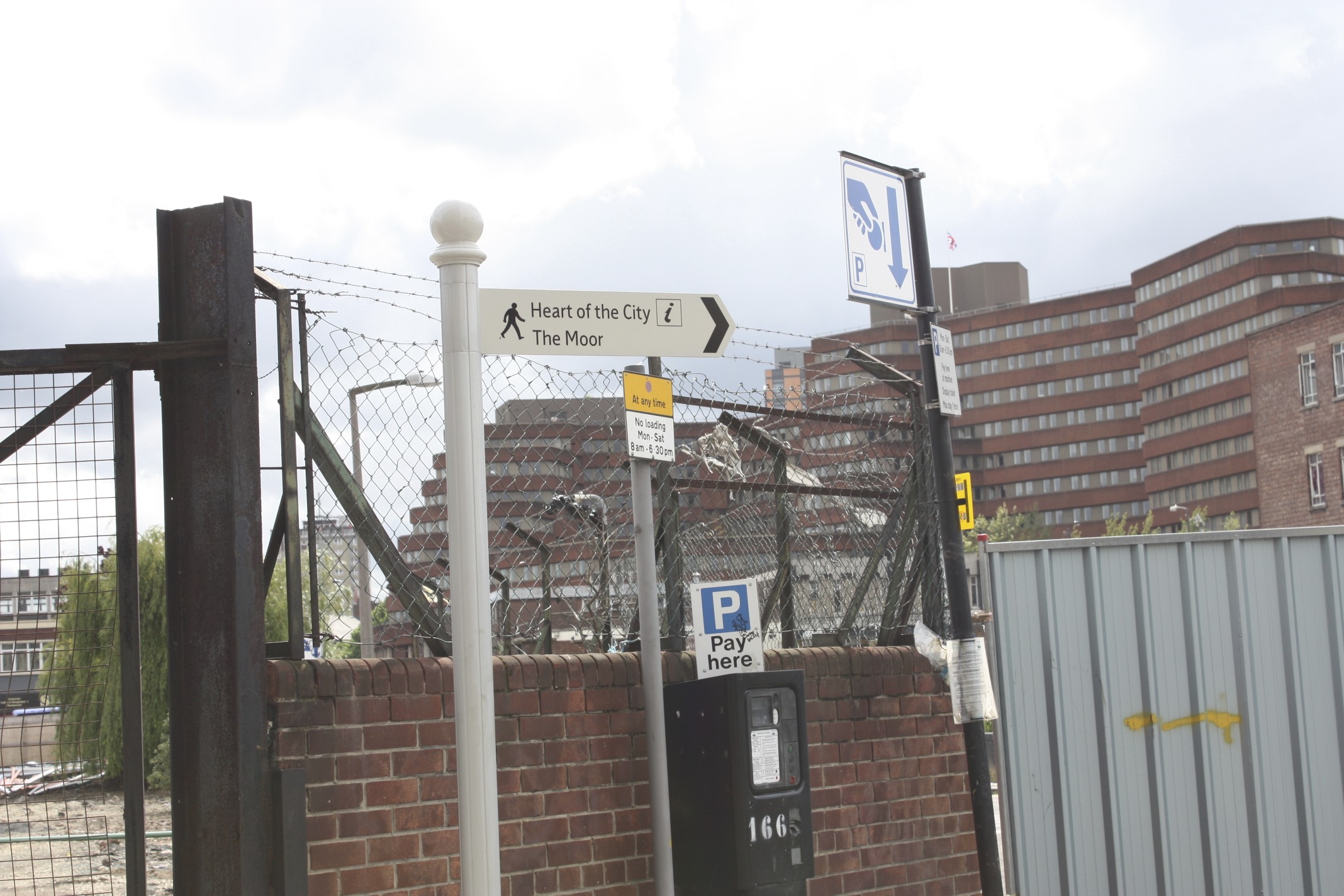
Cartographers can’t be trusted. It’s a controversial view (possibly), but I feel like they’ve always kept to the furtive fringes of society – happily knowing exactly where the fringes are – and they’ve done this for a reason. First off, maps are difficult to fold. Secondly and worse than that, they’re also full of lies.…
-
Learning and being curious
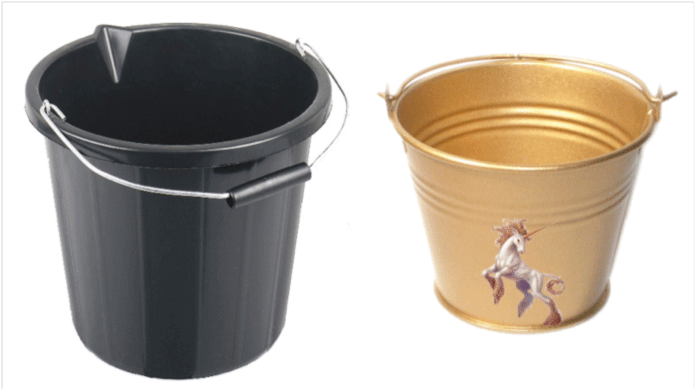
Curiosity killed the cat. Because I’m a dog person I was delighted. But as soon as we leave formal education, dog people and cat people alike, curiosity is probably the thing that’s going to drive most of our learning. That cat-killing compulsion will replace the person at the front of the class and take charge…
